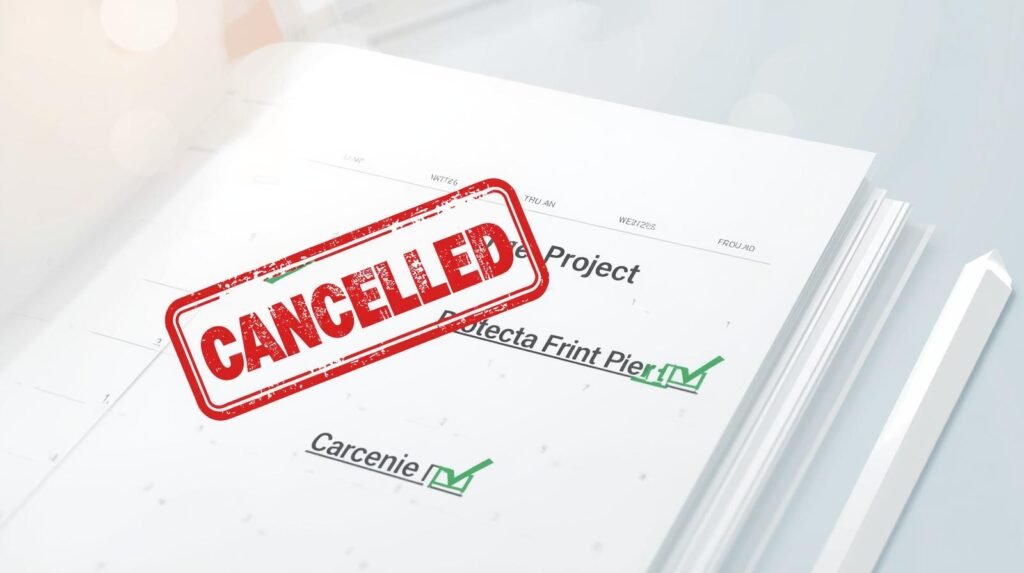Hey everyone! I’m Adnan from The Insurtech Guide. One of the scariest parts of being a freelancer or gig worker is that if you can’t work, you don’t get paid. There’s no paid sick leave and no safety net. A simple injury or a sudden illness can instantly turn into a major financial crisis.
I’ve spent a lot of time researching the best ways to protect my income. In my journey, I kept coming across two terms: Short-Term Disability and Income Protection Insurance. They sound similar, but I discovered they are fundamentally different products designed for different situations.
Choosing the wrong one can leave you dangerously exposed. In this guide, I’ll break down the crucial differences in the disability vs income protection for gig workers debate, helping you choose the right shield for your freelance career.

Table of Contents
What is Short-Term Disability Insurance?
Think of Short-Term Disability (STD) insurance as “Accident & Injury” coverage. It is designed to replace a portion of your income for a short period if you are unable to work due to a qualifying physical disability.
- What it typically covers:
- A major injury from an accident.
- Recovery from a surgery.
- A serious illness that prevents you from physically working.
- Complications from a pregnancy.
- How it works: After a waiting period (e.g., 7 or 14 days), the policy pays you a weekly benefit until you can return to work, up to the policy limit (usually 3 to 6 months).
- The Key Limitation: It generally only covers physical disabilities. If you lose a major client and your income drops, or you need to take time off for a family emergency, STD insurance will not cover you.

What is Income Protection Insurance?
Income Protection Insurance is a newer, more flexible concept, often offered by InsurTech companies. Think of it as “Job Loss” coverage for freelancers. It is designed to protect you from a sudden loss of income for a wider range of reasons.
- What it can cover (depending on the policy):
- Involuntary loss of your largest client.
- Time off needed to care for a sick family member.
- And, like STD, a personal illness or injury.
- How it works: This is also a short-term solution. After a waiting period, the policy pays you a benefit for a set number of weeks to help you bridge the gap while you find new work or recover.
- The Key Benefit: It understands that for a freelancer, “disability” isn’t just physical. Losing your main source of income is a disabling event for your business.

Disability vs Income Protection for Gig Workers: The Comparison
| Feature | Short-Term Disability (STD) | Income Protection Insurance |
| Primary Focus | Physical injury or illness | Any major, involuntary loss of income |
| Best For | Protecting against accidents and health issues | Protecting against client loss and other work disruptions |
| Typical Scenario | “I broke my leg and can’t work for 2 months.” | “I lost my biggest client and need income for 1 month to find a new one.” |
| Flexibility | Less flexible; strict definitions of “disability” | More flexible; designed for the realities of freelance work |
Final Verdict: Which is Right for You?
After this disability vs income protection for gig workers comparison, it’s clear that the right choice depends on what you’re most worried about.
You should choose Short-Term Disability Insurance if:
- Your biggest fear is a physical injury or a major illness stopping you from working.
- You do physical work (e.g., photographer, event manager) where the risk of injury is higher.
- You want a traditional, widely understood safety net for your health.
You should choose Income Protection Insurance if:
- Your biggest fear is the instability of client work and sudden income loss.
- You are a digital freelancer (writer, designer, consultant) and your main risk is losing a major contract.
- You want a more modern, flexible policy that covers a broader range of freelance-specific risks.
For many freelancers, the ultimate solution might be a combination of both. But understanding the fundamental difference is the first step to building a robust financial safety net that allows you to enjoy the freedom of the gig economy with true peace of mind.





Leave a Reply